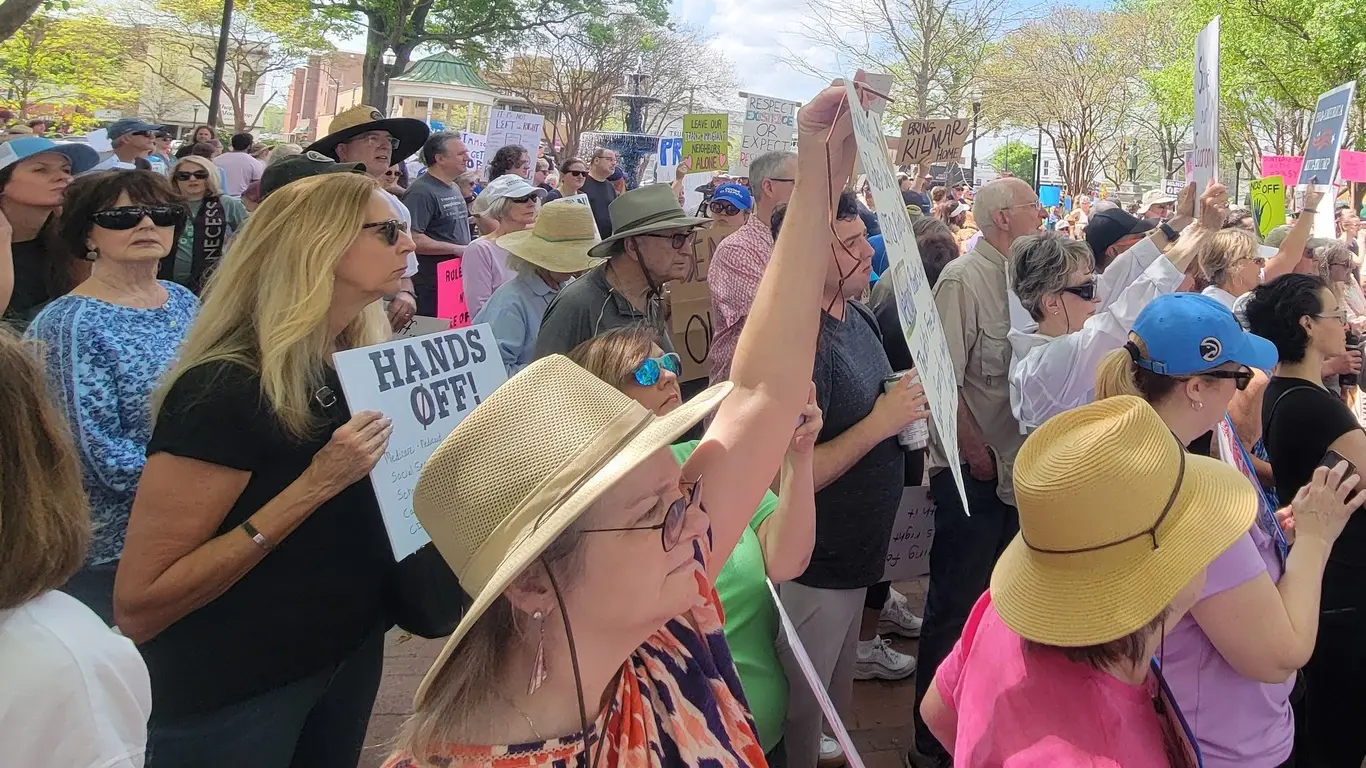Cobb County is grappling with the challenge of addressing the transportation needs of its aging population, as highlighted by Mike Alexander of the Atlanta Regional Commission (ARC). With an increasing number of senior citizens unable to drive, there is a pressing demand for expanded mobility options. Alexander’s comments during the Cobb Board of Commissioners retreat underscored the importance of planning for the future transportation needs of the county’s elderly residents.
One proposed solution to address these transportation challenges is the Mobility Special Purpose Local Option Sales Tax (M-SPLOST), which is set to be presented to voters in November. This proposal entails a significant financial commitment from taxpayers, with a 30-year, 1% sales tax increase aimed at funding major transportation projects across the county. This tax hike, from 6% to 7%, raises concerns about the increased financial burden on taxpayers over the long term.
While the ARC’s annual survey indicates a split among Cobb residents regarding their willingness to pay higher taxes for expanded transit options, the county ranks fourth among the metro Atlanta region and the city of Atlanta in terms of support for funding transportation projects through increased taxes. However, the uncertainty surrounding future transportation needs and the potential for unforeseen challenges over the next three decades cast doubt on the feasibility of such a long-term tax commitment.
Despite the intentions behind the proposed M-SPLOST, questions remain about its effectiveness in addressing the diverse transportation needs of Cobb County’s population. While the establishment of a microtransit pilot program in south Cobb is too recent to judge the success of the program, the promise of sustainability and scalability of this effort warrants careful consideration.
Lisa Cupid, Cobb’s Chairwoman, has emphasized the importance of prioritizing transportation as a key issue for the county. However, the focus on addressing transportation challenges must be balanced with fiscal responsibility and a thorough assessment of the long-term implications of the proposed M-SPLOST. Opponents of the new tax believe that the needs of all county residents must be taken into account.
As Cobb County seeks solutions for specific groups such as those who have aged out of driving themselves, it is essential to explore innovative and cost-effective transportation solutions that meet the needs of all residents. While the proposed M-SPLOST represents a step towards addressing transportation challenges, careful scrutiny and community engagement are necessary to ensure that taxpayer dollars are allocated effectively and responsibly. Committing the county taxpayers to a 30-year SPLOST appears to fall short of the commissioners’ fiduciary duty to all residents.







